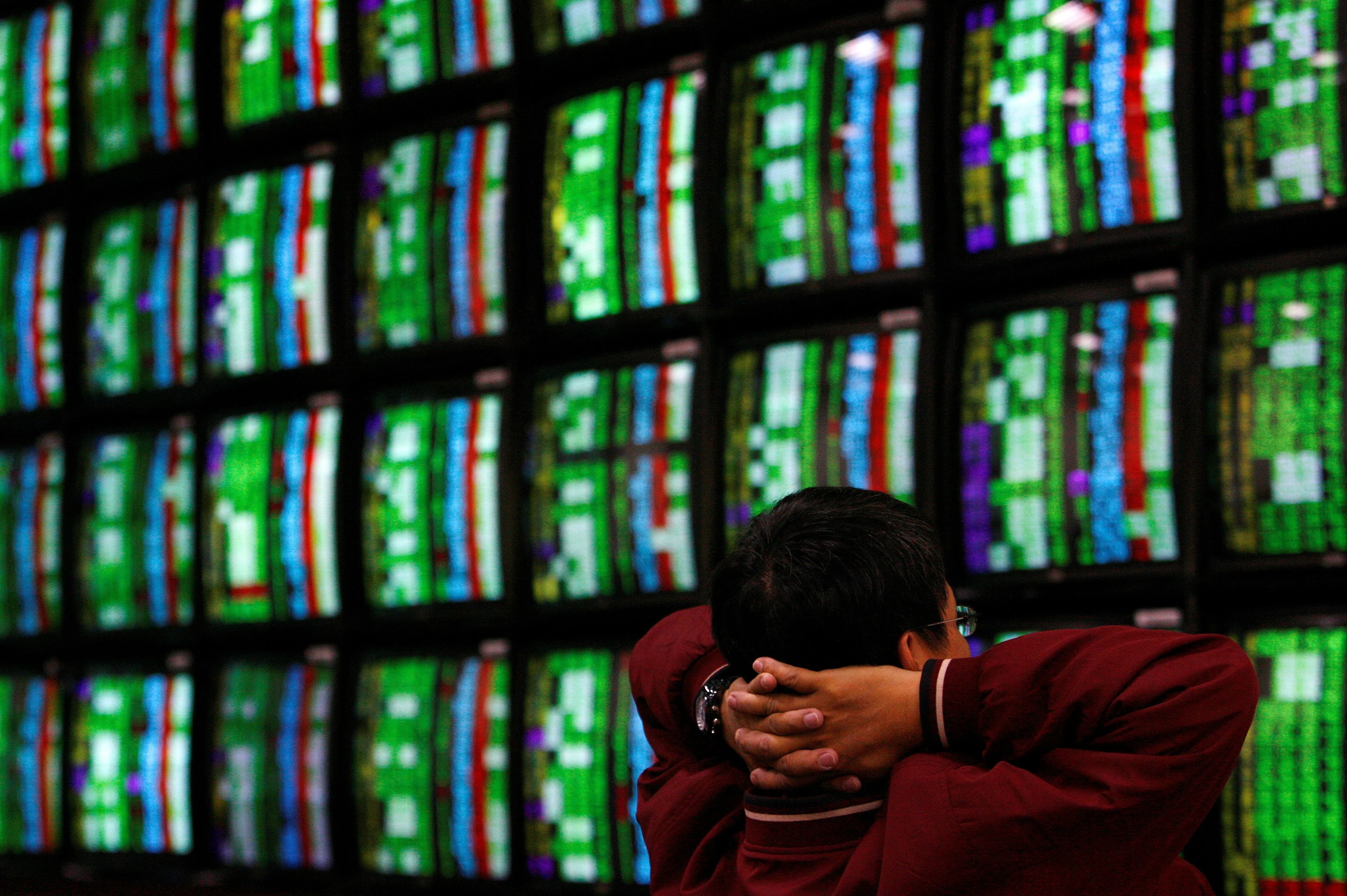Image: Reuters Berita 24 English - As red-hot U.S. inflation sparked fears of even more aggressive Federal Reserve policy tightening, and a...
 |
| Image: Reuters |
Berita 24 English - As red-hot U.S. inflation sparked fears of even more aggressive Federal Reserve policy tightening, and as a COVID-19 warning from Beijing added to global growth anxieties, Asian markets fell and bond yields rose on Monday.
The Hang Seng in Hong Kong declined by 2.9%, while the Hang Seng in China declined by 0.85%.
The Nikkei index in Japan fell 2.78 percent, and the Kospi index in South Korea also fell 2.78 percent.
The benchmark for New Zealand stocks declined by 2.1 percent. The markets in Australia were closed due to a holiday.
Futures on U.S. equities indicated additional losses at the opening, with the S&P 500 showing a 1.54 percent decline, following Friday's 2.91 percent decline.
The dollar reached 135 yen for the first time in two decades, lifted by a jump in Treasury rates that continued into Tokyo trading, with the 10-year reaching a more than one-month high of 3.201 percent, placing it within two-tenths of a basis point of its November 2018 high.
The most populous district of Beijing, Chaoyang, announced on Sunday three rounds of mass testing to combat a "ferocious" COVID-19 outbreak that emerged in a bar in a nightlife and shopping area last week, sparking fears of more growth-stifling lockdowns only a few weeks after the city eased restrictions to combat an outbreak in April.
In the meantime, the U.S. consumer price index rose by a larger-than-expected 8.6 percent last month, the greatest year-over-year gain since December 1981, according to data released by the Labor Department on Friday.
This crushed optimism that inflation had peaked and instead alerted markets that the Fed may tighten monetary policy for too long, resulting in a severe economic slump. On Wednesday, the next policy decision will be made.
"The inflation figures are game changers that push the Fed to turn to a higher gear, front-loading policy tightening," Jefferies strategist Aneta Markowska wrote in a research note, raising a call for this week's decision to an increase of 75 basis points.
"Inflation is neither peaking nor plateauing. It is still accelerating and is projected to accelerate in June "likewise, the note stated.
The current odds for a half-point increase are 80%, while the odds for 75 basis points are 20%.
Monday in Tokyo marked the first time since December 2007 when two-year Treasury rates, which are highly sensitive to policy expectations, surpassed 3.159%.
For the first time in nearly a month, the U.S. dollar index, which measures the currency against six major rivals including the yen, reached 104.55.
The last time the euro fell as low as $1.0479 was on May 19.
Bitcoin, the leading cryptocurrency, fell to a one-month low of $25,975.
Meanwhile, crude oil plummeted more than $2 due to global economic concerns. Brent crude futures decreased $2.06, or 1.7 percent, to $119.95 a barrel, while U.S. West Texas Intermediate crude fell $2.13, or 1.8 percent, to $118.54 per barrel. [O/R]






No comments